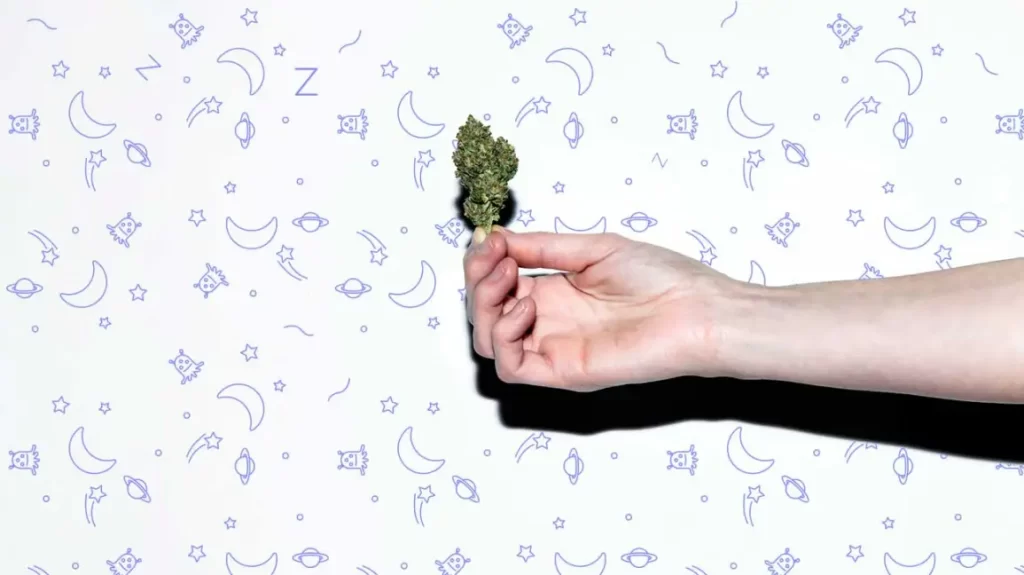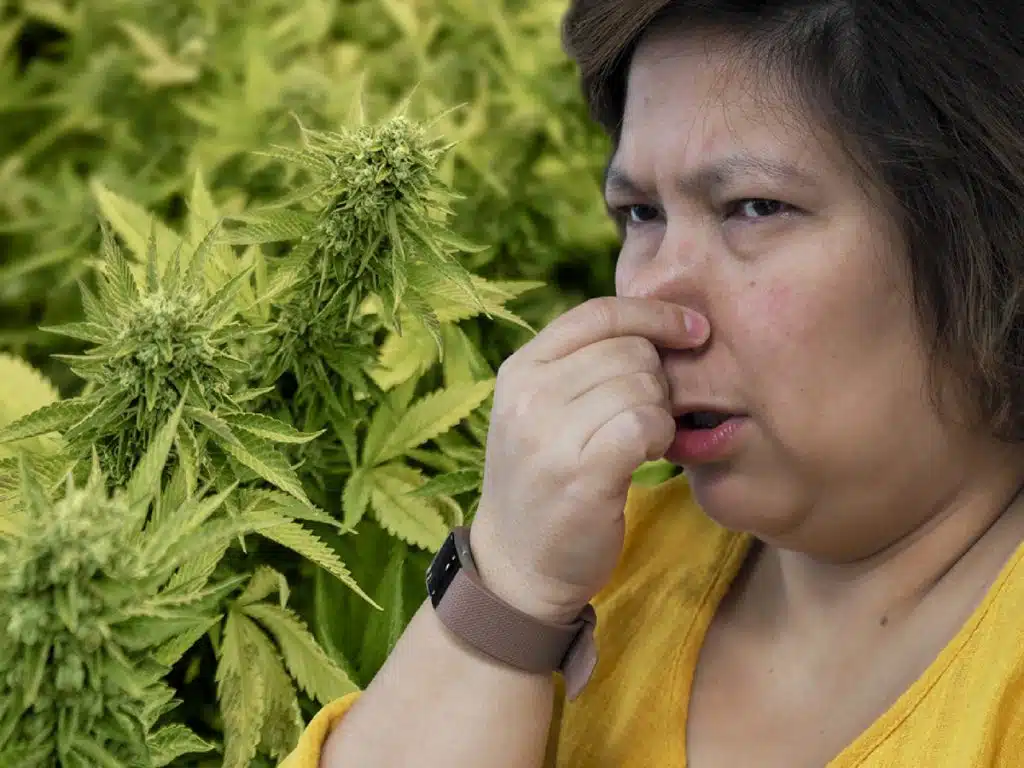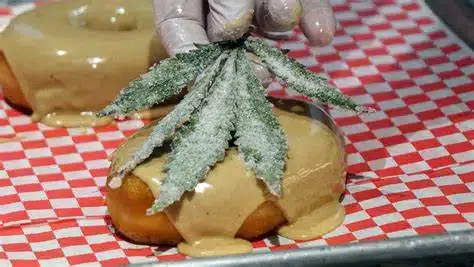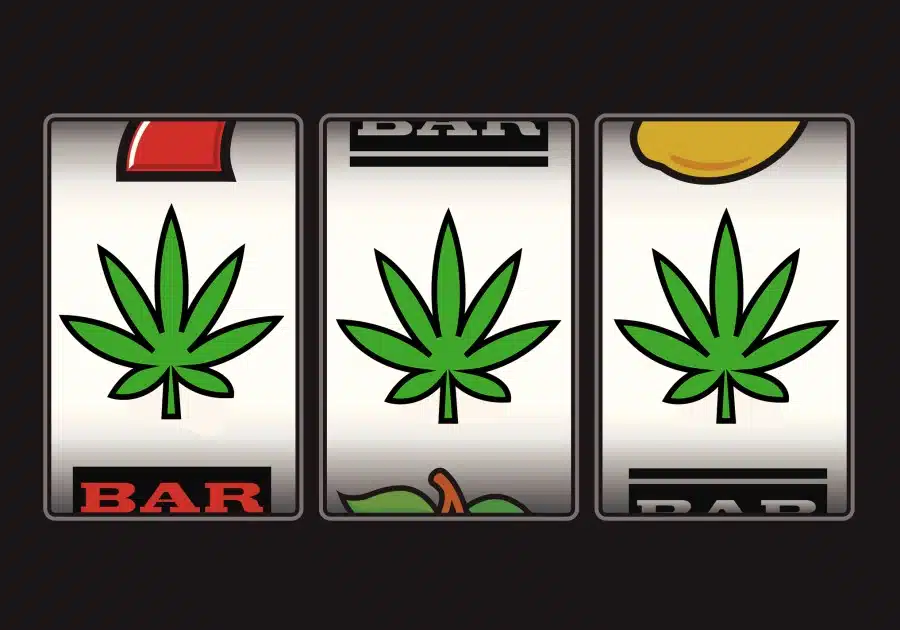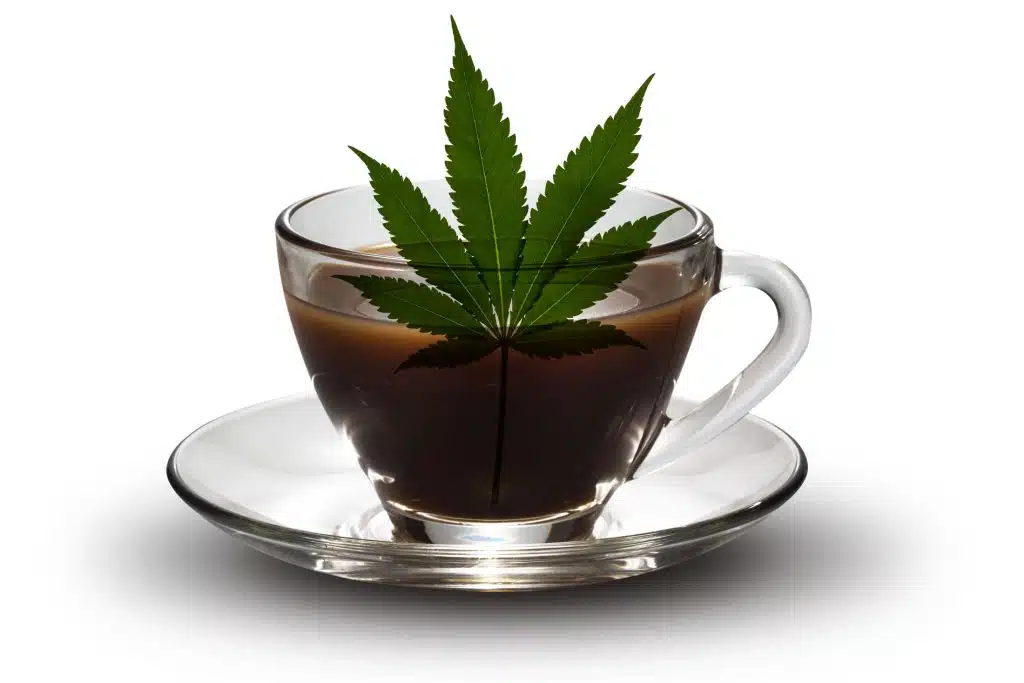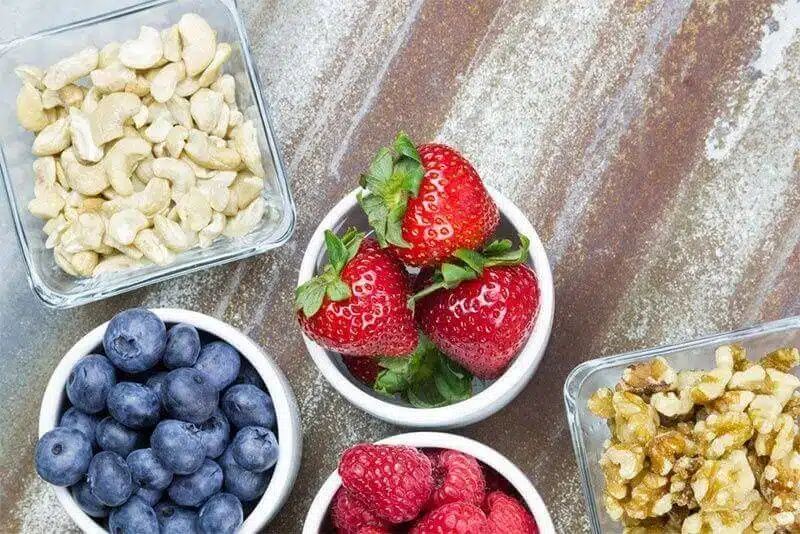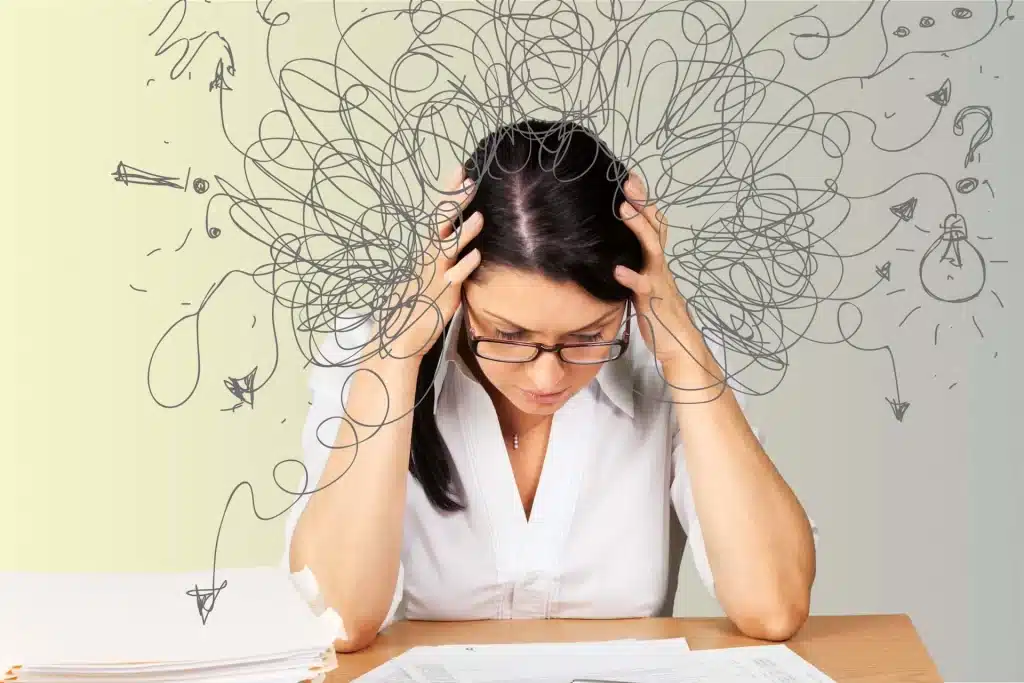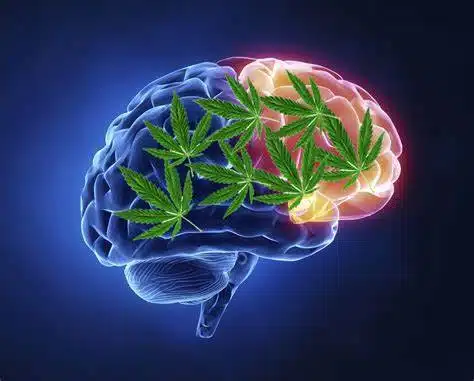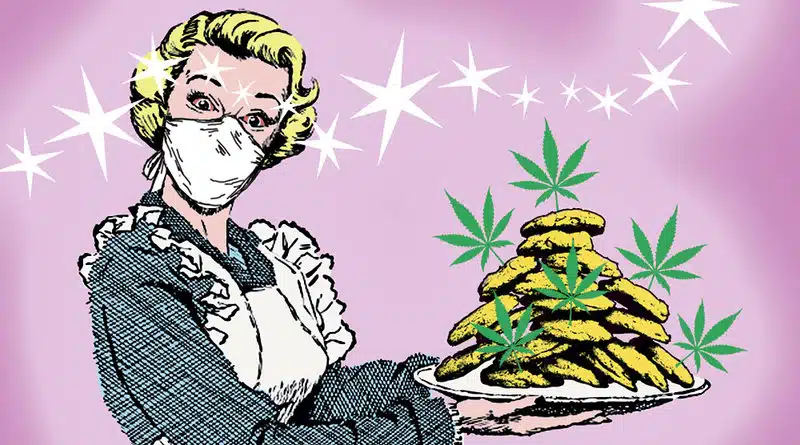Can You Be Sober And Smoke Weed?
Can You Be Sober And Smoke Weed?
When Sarah refers to herself as sober, she is part of an increasingly visible trend that defines that term in relation to alcohol use only.
Because cannabis use is still federally illegal in the United States, said Sarah, who asked to use a pseudonym.
She stopped drinking four years ago because she found that it inhibited her ability to enjoy herself. After just one drink, she would become intoxicated and would make decisions that she later regretted. So she decided to quit entirely.
Sarah still occasionally uses cannabis, both for recreation and to relieve anxiety. This demonstrates her commitment to living a healthy and balanced life.
Can people who don’t drink alcohol still consume cannabis and consider themselves sober?
As legal cannabis becomes more available, social interest in sobriety is increasing. This is likely due to the growing association of cannabis with wellness.
The growing trend of people who don’t drink alcohol but do use cannabis, often referred to as “Cali sober” or “sober smokers,” makes sense in the context of our culture.
Sarah believes that it is more common for people to not drink alcohol today than it was five years ago. She attributes this to the availability of non-alcoholic aperitifs and drink options, as well as the relaxed attitude towards cannabis use.
The way we think about weed is changing. More and more people are recognizing the benefits of marijuana and are beginning to see it as a positive, natural substance. This shift in attitude is persuasive and elegant, and it is leading to more open-mindedness about marijuana use.
In 2019, Canada became the first country to legalize recreational cannabis use, and this has led to many US states relaxing their restrictions on cannabis.
Cannabis use in Canada does not appear to be changing significantly post-legalization, which is a positive sign for the country’s new legal regime.
Cannabis use in Canada remained stable in 2019, with about 4.9 million people using the drug in the previous three months. This is despite the legalization of recreational cannabis in the country.
Changing attitudes on weed
It’s clear that attitudes about cannabis use are changing over time – in fact, a recent poll found that almost two thirds of Canadians support legalizing cannabis.
A majority of Canadians believe that cannabis is no worse than alcohol, and that it may even be the better choice. Young people are especially likely to hold this view.
As more and more people become interested in living a healthy lifestyle, the use of cannabis and hemp products is also on the rise. This is due to the fact that these products offer a natural and effective way to improve one’s health and well-being.
What it means to be ‘Cali sober’
California’s reputation as a center for wellness trends is well-deserved.
While it is true that California is often associated with the entertainment industry, this is not the only thing that the state has to offer. With a population that is nearly as large as that of Canada, California is a diverse and populous state that has something for everyone.
In spite of this, California’s longstanding reputation for being a healthy state is now coming into conflict with another booming industry: cannabis. This takes many forms, from the state’s legal medical marijuana cards to the wellness industry’s quick embrace of CBD.
In a 2019 story for Vice, Michelle Lhooq described a move away from alcohol and party-associated drugs like cocaine toward cannabis and psychedelics, which she dubbed “California sober” or “Cali sober.” Though not everyone identifies with the term, it has nonetheless become associated with a particular kind of sobriety that allows for cannabis use (and in Lhooq’s case, the use of psychedelics).
“My boyfriend was born and raised in Los Angeles, and he visibly cringes every time someone used the word ‘kali,’” Sarah said. “I asked him about the phrase and, yeah, he got upset. All my friends from California always say, “Don’t call her Cali!”
There are different ways to define sobriety, and each definition has its own merits. Some people define sobriety as abstaining from all drugs and alcohol, while others define it as being able to use drugs and alcohol in a responsible way. Each definition has its own advantages and disadvantages, but both ultimately aim to help people live healthier, happier lives.
Different definitions of sober
There is a growing trend of people choosing to drink less or not drink alcohol at all for health reasons or because they simply don’t enjoy it, rather than because they have an addiction. Some people worry that this trend is trivializing sobriety, but it may also be a sign of a growing awareness of the potential health benefits of abstaining from alcohol.
Meanwhile, two of the most well-known organizations for people who identify as sober – Narcotics Anonymous and Alcoholics Anonymous – are remaining uninvolved in the discussion.
When contacted for comment on this article, an Alcoholics Anonymous spokesperson said it is AA’s policy not to develop or offer opinions on any sober cause, trends, or even the topic of alcohol, in order to avoid a distraction from its primary purpose of helping alcoholics who want to stay sober.
Sarah believes that the debate surrounding cannabis use and sobriety is constantly evolving, but she has not personally experienced much tension regarding her choices.
“Maybe if I didn’t drink and was very judgmental about it at parties, people would cut back on my cannabis use or think it’s weird. But it’s all a personal choice for me and basically a social non-issue at its time,” she said.
If someone judges me for my drug and alcohol use, that says more about their own relationship with those substances than it does about mine.
Conclusion
If you are interested in cannabis and THC products, check out Ganja West online dispensary at ganjawest.co!
